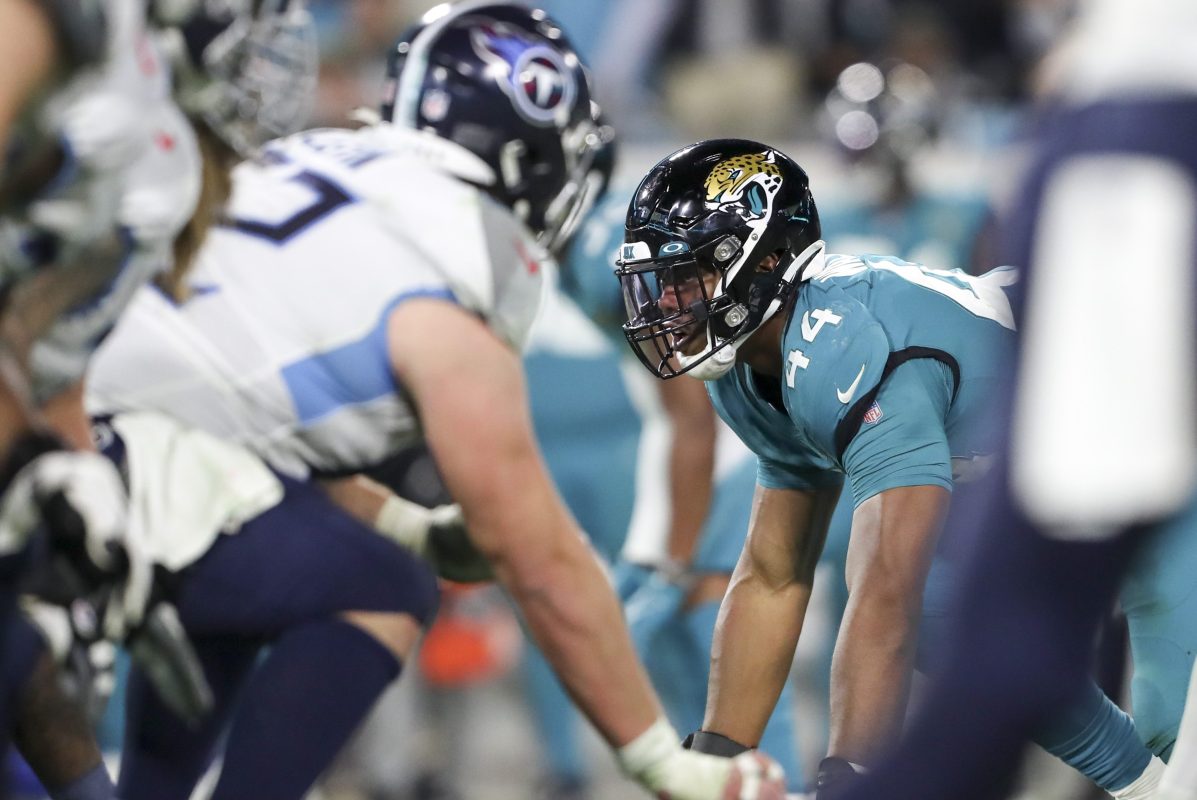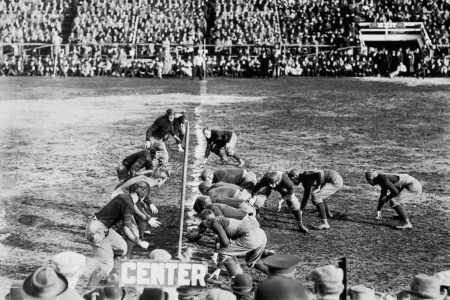Prior research on the brains of football players has left little doubt that there is a link between chronic traumatic encephalopathy (CTE) and repeated hits to the head, but a new study has shed some light on what is actually the best predictor of future brain disease.
Conducted by researchers at Boston University and published in the journal Nature Communications, the study used the donated brains of 631 former football players to determine that the effect of cumulative force to the head may actually be more damaging to the brain than diagnosed concussions. The language is a bit technical, but the gist is that getting struck in the head on a consistent basis, no matter the level of the impact, has a major impact on the brain. Concussions are obviously bad, but they may not actually do more damage than lesser impacts, per the study.
“These results provide additional evidence that repeated nonconcussive injuries are associated with CTE pathology. This is in contrast to the emphasis on concussions that is often discussed in the medical and lay literature,” according to the study. “These results, if validated, could be used to identify changes to policy or gameplay that might limit CTE risk by decreasing cumulative exposure, such as by limiting duration of exposure, the number of exposures, and the magnitude of those exposures.”
Doctors Have Been Concerned About Concussions in Sports For Longer Than You’d Expect
An unsettling trip into medical historyAccording to the study, offensive and defensive linemen endure the most cumulative force to the head because they collide on nearly every play. Those hits are not as forceful as the blows that wide receivers and defensive backs endure, but their impact is just as severe, if not more.
“We’re now getting a better understanding of what causes CTE pathology, but we’re also getting a better understanding of what’s not causing CTE pathology,” study author Dr. Daniel Daneshvar told The New York Times. “And in this case, it’s the largest study of CTE pathology ever, and concussions were basically noise.”
It’s a fascinating finding as it relates to concussions, but it also indicates that playing football may be worse for the brain and an individual’s overall health than we previously thought.
The Charge will help you move better, think clearer and stay in the game longer. Subscribe to our wellness newsletter today.




















